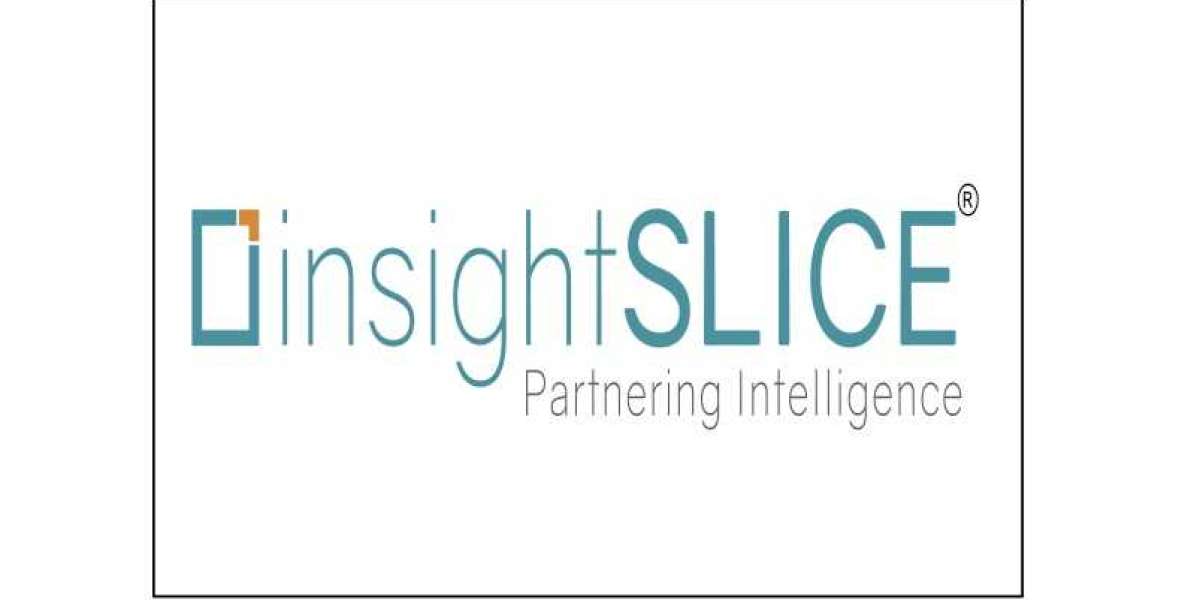Literature has always been recognized as a profound medium of artistic expression, but its influence extends far beyond the realms of entertainment and storytelling. It possesses the remarkable ability to shape our perceptions, evoke empathy, and inspire introspection. One of the most profound impacts of literature lies in its ability to influence the formation and development of our individual and collective identities. Through its rich tapestry of characters, narratives, and themes, literature provides a mirror through which we can explore, question, and construct our own identities. This article delves into the profound impact of literature on identity formation, examining how the written word helps us understand ourselves and navigate the complexities of the world around us.
Literature as a Reflection of Human Experience:
Literature acts as a reflection of the human experience, capturing the diverse range of emotions, conflicts, and triumphs that define our lives. When we immerse ourselves in the pages of a well-crafted novel or poem, we encounter characters who grapple with their own struggles, dreams, and desires. By empathising with these characters, we gain insight into different perspectives, cultures, and worldviews. This exposure broadens our understanding of the human condition and challenges our preconceived notions, helping us shape our identities by questioning our assumptions and beliefs.
Identity Exploration and Empathy:
Literature provides a safe space for individuals to explore and experiment with different aspects of their identity. Characters in literature often embody various identities, such as race, gender, sexuality, and socio-economic background. Through their stories, readers are exposed to diverse lived experiences, fostering empathy and understanding. By identifying with characters who may be vastly different from ourselves, we develop a more nuanced understanding of identity and recognize the importance of inclusivity and acceptance.
Representation and Validation:
Representation is a crucial aspect of identity formation. Literature plays a pivotal role in providing marginalised communities with a platform to see themselves reflected authentically. When individuals find characters who share their experiences, struggles, and triumphs, they feel validated and affirmed in their own identities. This validation not only strengthens their sense of self but also fosters a sense of belonging and community. Literature has the power to dismantle stereotypes and challenge societal norms, creating a more inclusive and diverse understanding of identity.
Challenging Social Constructs:
Literature has a profound impact on identity formation by challenging social constructs and norms. It exposes the limitations and biases inherent in society and encourages readers to critically examine the systems that shape identity. By questioning societal expectations, literature empowers individuals to forge their own path and define their identities on their own terms. This process of self-discovery and self-definition can be transformative, allowing individuals to break free from the confines of societal expectations and embrace their authentic selves.
Self-Reflection and Personal Growth:
Literature serves as a catalyst for self-reflection and personal growth. By presenting characters who grapple with universal themes such as love, loss, identity, and purpose, literature prompts readers to examine their own lives and beliefs. Through this introspection, individuals gain a deeper understanding of themselves and their values, leading to personal growth and the refinement of their identities. Literature provides a rich tapestry of narratives that inspire readers to question, explore, and evolve.
Conclusion:
Literature possesses a profound impact on identity formation, acting as a mirror that reflects the complexities of the human experience. Through its ability to capture diverse perspectives, challenge societal norms, and empower individuals to define their own identities, literature shapes our understanding of ourselves and the world around us. By embracing the power of words, we can harness the transformative potential of literature to foster empathy, encourage self-reflection, and forge a more inclusive and authentic sense of self.
Literature holds an extraordinary influence in shaping our identities, guiding us through a journey of self-discovery. The power of words transcends the confines of time and space, immersing us in diverse worlds and exposing us to an array of perspectives. Whether it be classic novels, thought-provoking poetry, or contemporary fiction, literature has the ability to ignite introspection and foster empathy. As we delve into the pages of a well-crafted story, we embark on a quest to understand ourselves and the world around us. Through relatable characters and captivating narratives, literature mirrors the complexities of human existence and provides a mirror for readers to reflect upon their own lives. The transformative impact of literature on identity formation is undeniable, as it instals a sense of connection, broadens horizons, and nurtures the growth of our inner selves.If you need assistance with your essay on this topic;do my essay for me; can help. Feel free to provide the necessary details, and I will gladly guide you through the process.



